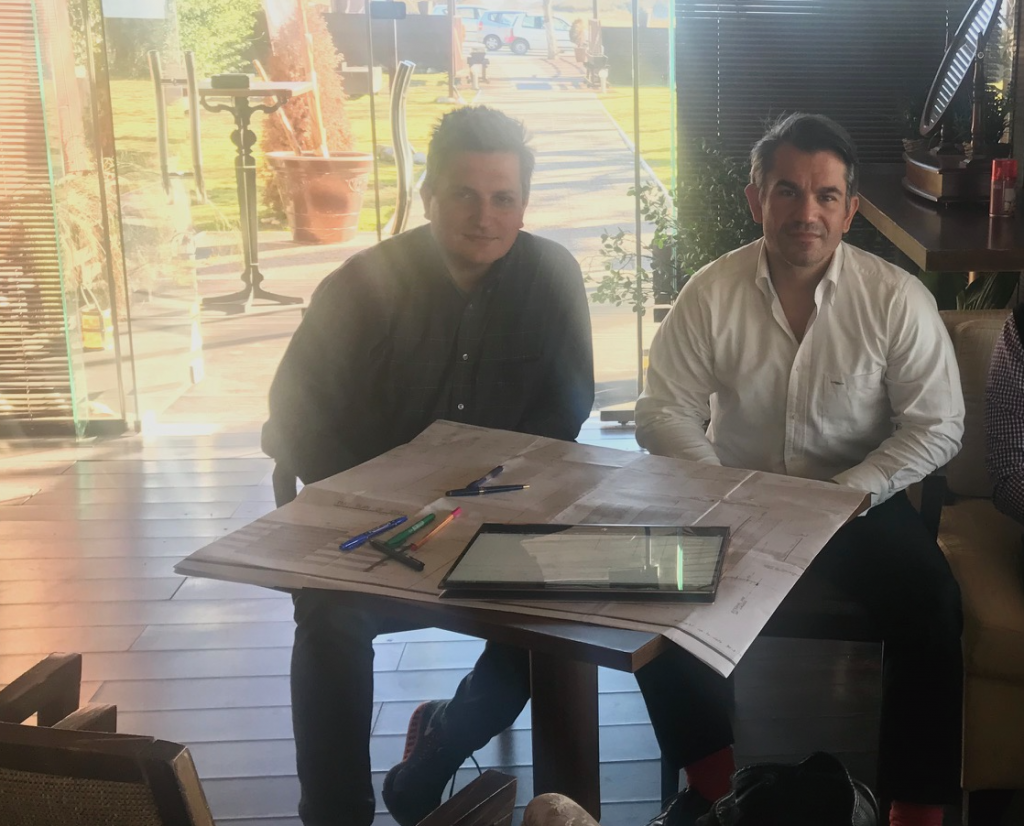Here you will find news relevant to the activities of the initiative including webinars, talks, consulting projects, publications, participation in conferences and meetings mostly relevant to resilience of critical infrastructure with emphasis on transport and energy assets and their intra/interdependencies, views on the UNs Sustainable Development Goals and use of digital and emerging technologies in infrastructure risk-based management
8
Mar 20
International Women’s Day
#EachforEqual:
Our group celebrates International Women’s Day!
We embrace equality and balance for progress!
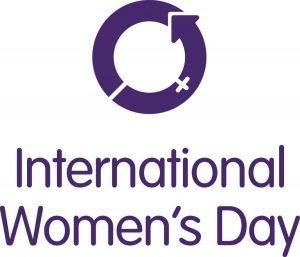
20
Feb 20
Sky News: our interview on flood resilience of critical infrastructure
Stergios was interviewed by Sky News this morning on flood resilience of critical infrastructure, watch the video here.
The following points were communicated: The #EnvironmentAgency has improved significantly the level of understanding and the quantification of #flood #risk with the new flood risk maps. Perhaps this is an ideal time to improve the #resilience of our infrastructure assets and #networks to floods and deliver cost-effective flood-proof infrastructure by investing in alleviation and #adaptationmeasures to increased stressors exerting on our already deteriorated infrastructure
The flood risk is exacerbated due to #climatechange and the #urbanisation ie building on #floodplains susceptible to floods
Our infrastructure is exposed to stressors that deteriorate its functionality over time, and this makes the situation more difficult for infrastructure to respond successfully to new and/or aggravated natural hazard occurrences
The government has announced (5 Feb 2020) an additional investment of £2.6 billion over six years to alleviate flood risks and protect the more than 1.8 million people in the UK who live in flood-prone areas.
#SkyNews #MarieCurieIndividualFellowship 2019 and @ReBounce #EuropeanCommission #InfrastructuResilience #UniversityofSurrey
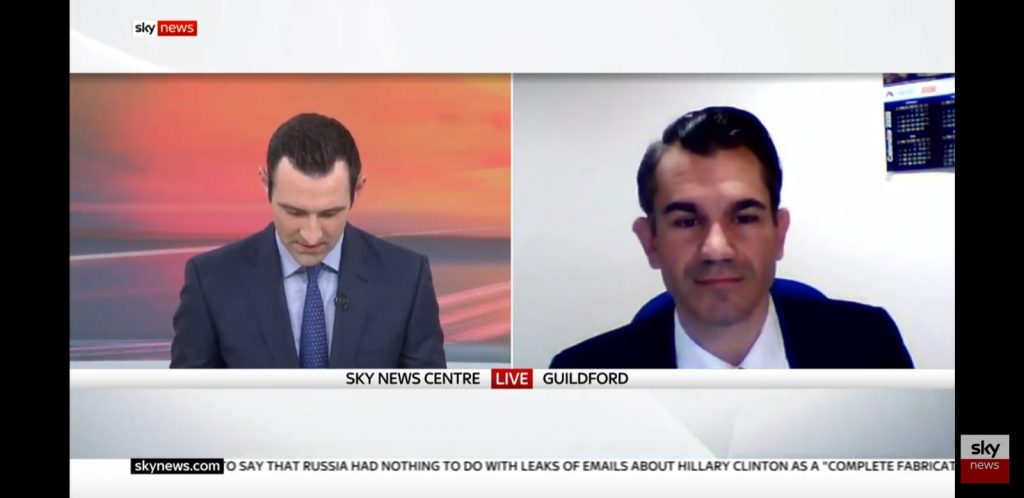
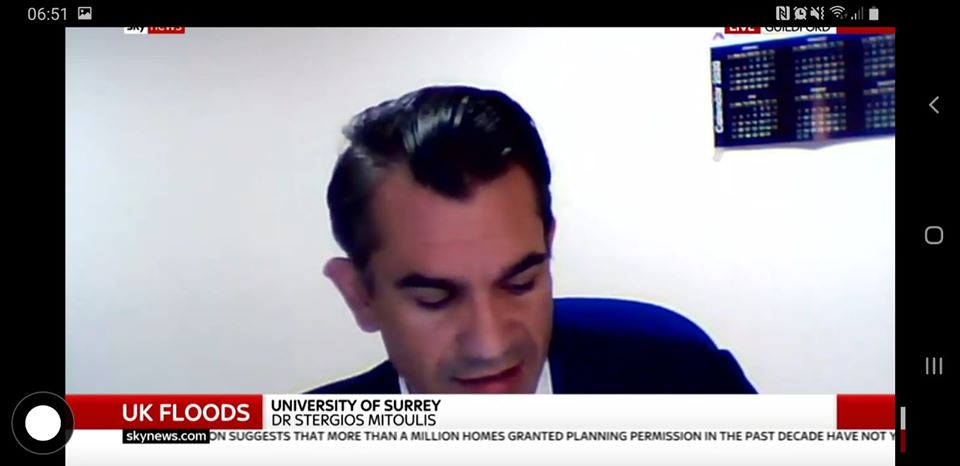
17
Feb 20
Risk & Resilience of critical infrastructure CPD Seminar in London
Today we delivered a seminar in London on Risk & Resilience of critical infrastructure. The concepts and methods for the quantification of risk and resilience are of great interest for the insurance industry, engineering consultancies, network operators and social scientists dealing with infrastructure and community resilience exposed to diverse hazards. We had a number of attendees from ARUP, Ramboll, EastWest Railway, HD Consultancy, Lynd, HDI Risk Consultancy, and OTB Engineering.
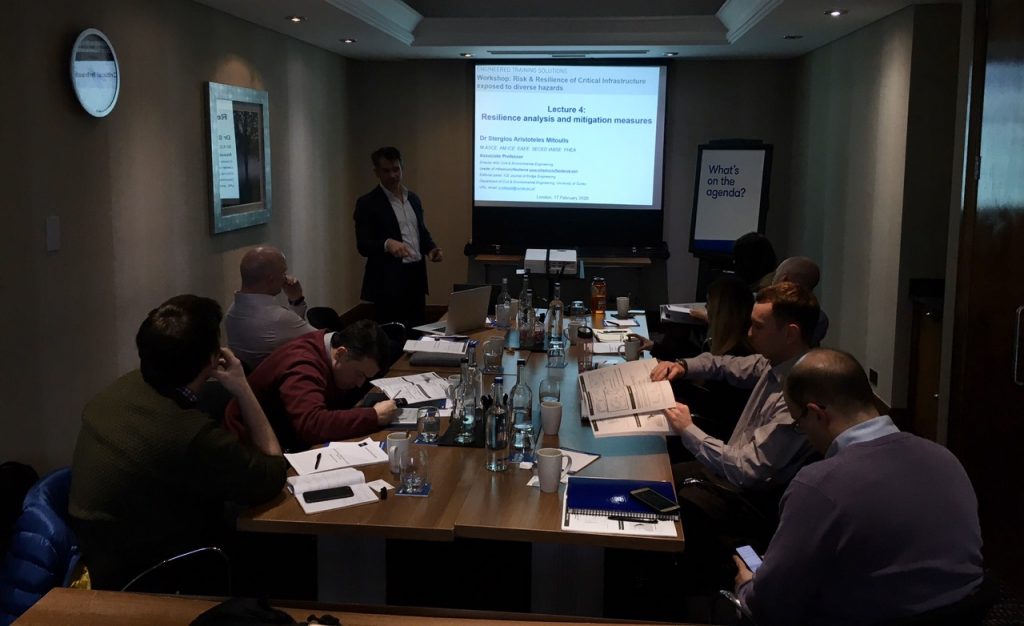
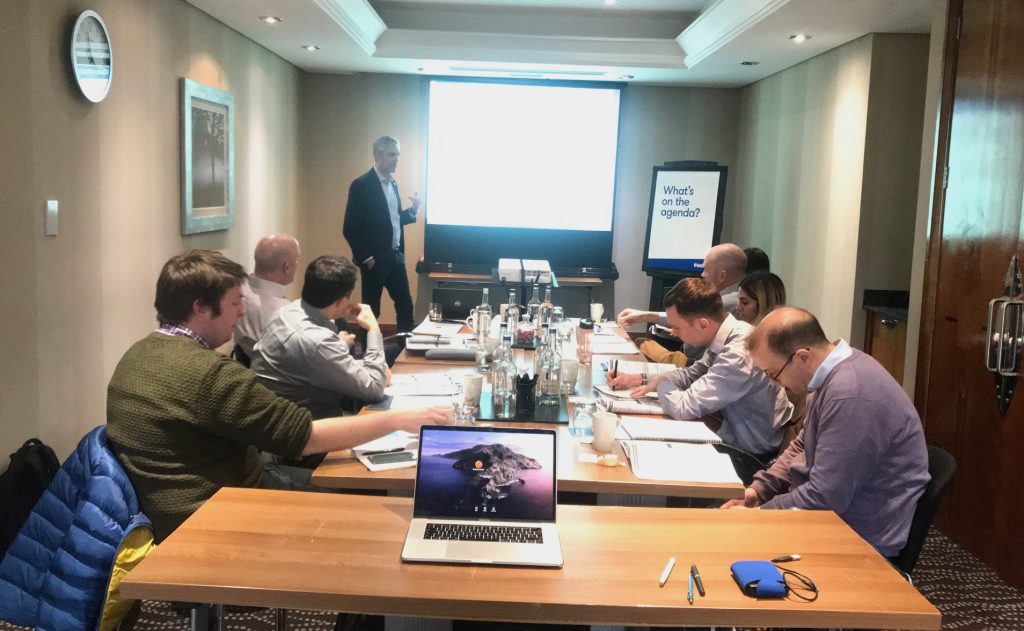
14
Feb 20
Is it possible to construct a bridge that connects Scotland and Northern Ireland?
The idea of building a bridge between the two countries has been periodically raised for over a century. The ambitious plan will have some serious logistical obstacles civil engineers will have to tackle before a single pillar is built. Stergios gave his opinion in WIRED.co.uk. Read more here
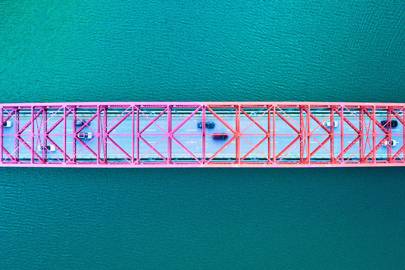
13
Feb 20
Meeting with our Industrial Partner in Zurich, headquarters of SIKA AG.
Today we had a fruitful conversation with Dr Fabien Choffat, Antonino Moltalbano and Tobias Meier. We have finalised the experimental campaign which will start in April.
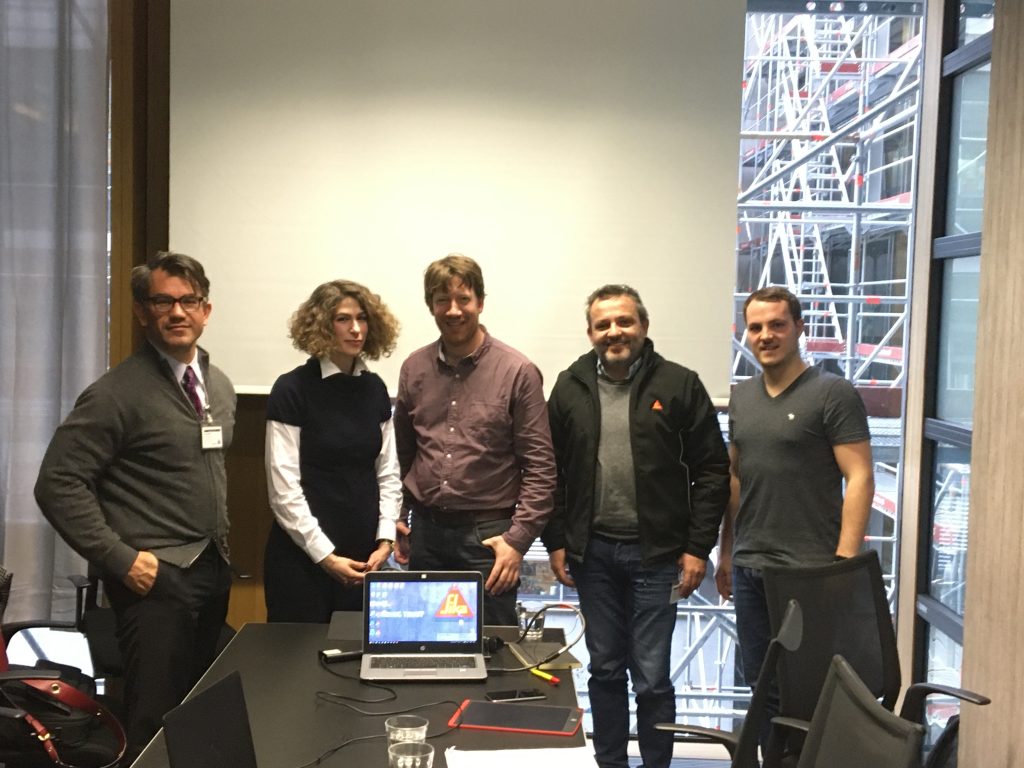
11
Feb 20
International Day of Women and Girls in Science @WomenScienceDay
The infrastructuResilience initiative is a diverse group of researchers that supports diversity and celebrates today Women and Girls’ involvement in science and Engineering!
The success of our group heavily relies on its diversity and the activities that Dimitra, Sotiria and Marianna lead in our research and consulting!
https://www.un.org/en/observances/women-and-girls-in-science-day
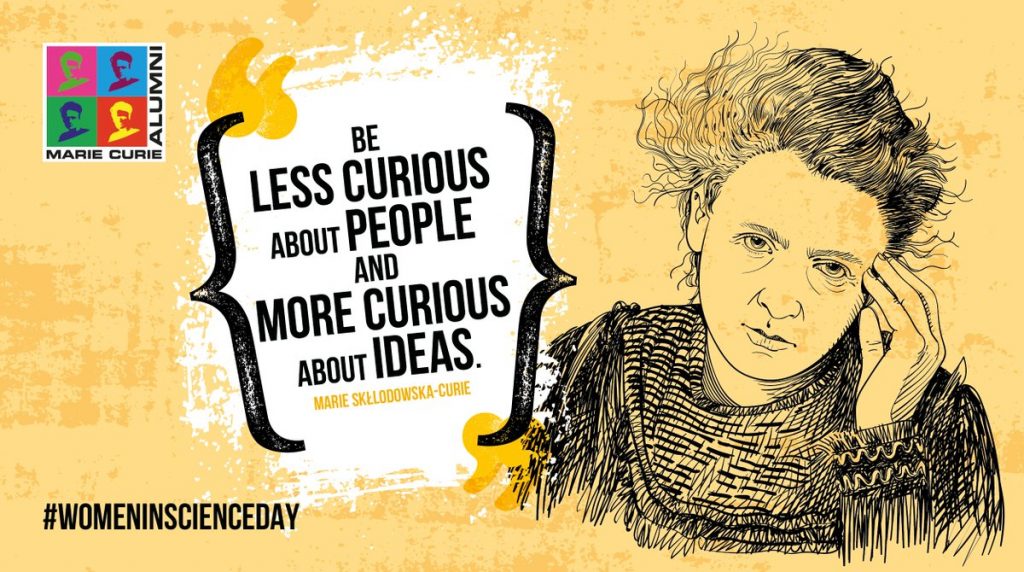
9
Feb 20
keynote lecture in Bridges 2020
The infrastructuResilience group will be represented in the upcoming Bridges 2020 conference by Dr Sotirios Argyroudis, who will deliver an invited keynote lecture on the “Quantification of Resilience”. The conference will take place in the Ricoh Arena, Coventry, UK on 12-13 March 2020.
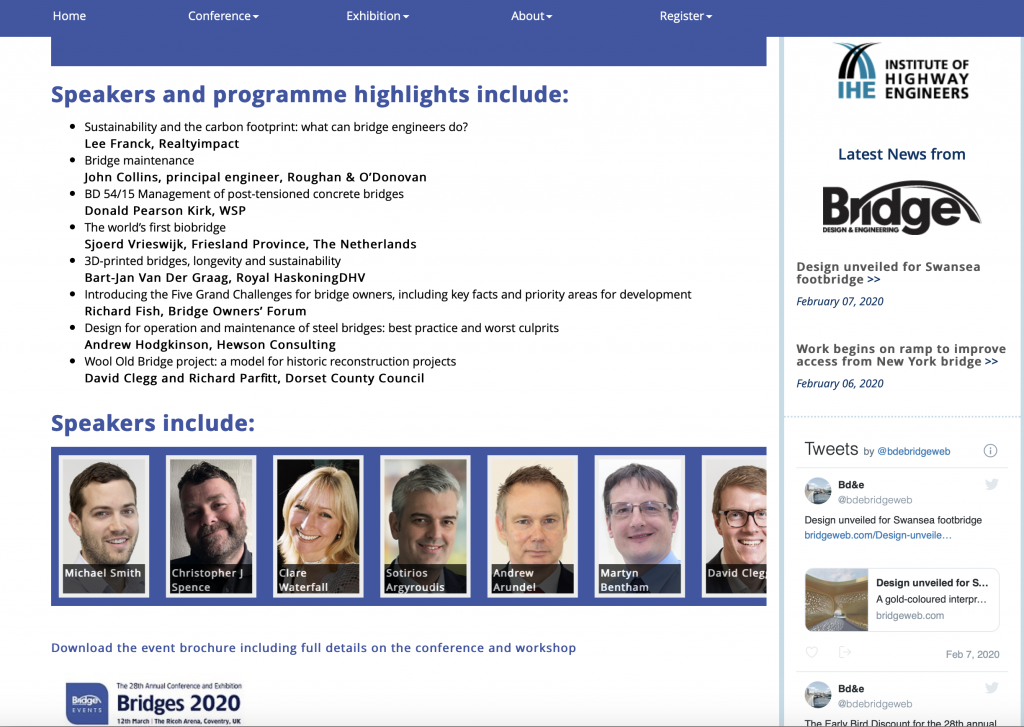
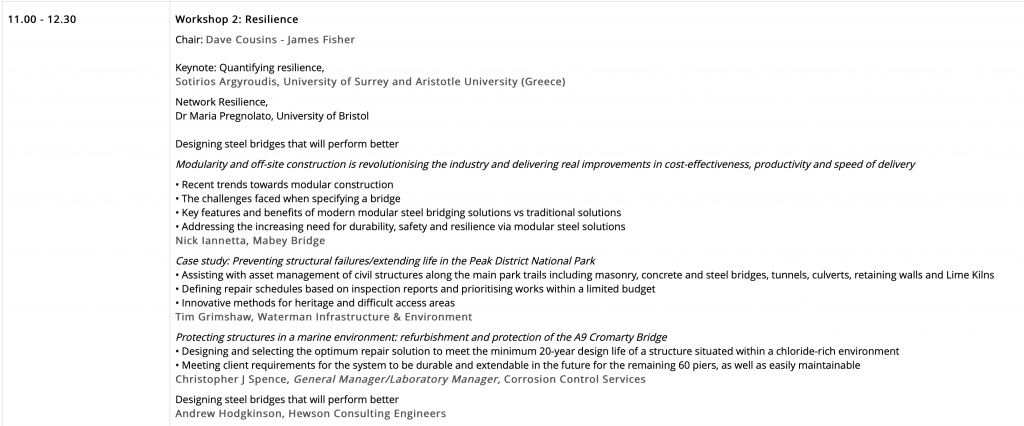
5
Feb 20
A prestigious H2020-MSCA-IF research grant!
We won a prestigious H2020-Marie Skłodowska-Curie Actions (MSCA)-IF research grant with Dr Marianna Loli! The infrastructuresilience group is celebrating the success! Title: ReBounce-Integrated resilience assessment framework for bridges and transport networks exposed to hydraulic hazards. Partners to provide case studies: IFSTTAR, France and JBA Consulting, UK
ReBounce will deliver for the first time in the international literature a unique integrated framework for the quantification of risk and resilience of flood-critical bridges and transport networks. The research output of ReBounce will be an enabler for bridge and network resilience assessment against floods and a facilitator of decision-making in resource allocation strategies for EU bridges and transport network owners and operators. A strong case-study has been planned on the second longest bridge in Greece the 1372m-long and 45-year old Polyfytos/Servia Bridge, which suffered deterioration from multi-hazard stressors, including the 1995 earthquake, corrosion and hydraulic actions.
2
Feb 20
The landmark Polyfytos bridge second inspection
Briefing to the W. Macedonia regional government of Greece (3 Feb. 2020)
Presentation by Dr Stergios Mitoulis on the risk and resilience of the Polyfytos/Servia Bridge and the resilience of the region.
Watch it here (time 3:14:10 onwards) or here (time 20:43pm onwards)
A full-room during the 3rd February briefing to the W. Macedonia regional government of Greece on the bridge. The condition of this landmark bridge of high importance and its impacts and interdependences between the local network, energy asset functionality, businesses and society was extensively discussed yesterday.
The infrastructuresilience groups was there to provide research-based consulting toward decision making on matters raised by engineers, the local Governor and his consultants, the mayors of Servia and Velventos and representatives from other parties of the regional government. Currently the team of the infrastructuresilience group works intensively to provide a cross-disciplinary approach to the matter and to the impacts on the local energy and transport network and other utilities to alleviate impact and underpin the resilience of the region.
The landmark Polyfytos bridge second inspection
The 45-year old 1372m-long bridge, which is the second longest bridge of Greece, was inspected recently to provide further insights to what was visually found to be vertical displacements of the deck of the balanced-cantilever part of the structure. This second inspection followed the topographic survey of the asset that was actioned with a UAV (drone) and geodetic total station and levels of the bridge deck were identified, preliminarily assessed and recorded, whilst a 3D digital twin of the bridge with its defects is underway.
The inspection was an organised endeavor to better understand the condition of the structure and discuss with Dr Telemachos Panagiotakos/DENCO Structural Engineering these first findings. This second endeavour is a preliminary and preparatory action.
Part of this inspection was a preparatory assessment of the pathways for communicating the potential risks to the local societies and businesses and the assessment of the potential impacts. This included the communication of the engineering findings to the local authorities and stakeholders.
The resilience of the bridge, the road network and the interoperabilities with energy assets are currently under discussion.
The infrastructuresilience.com group was there and results of the ongoing H2020 projects #Briface and #TRANSRISK and other research projects #ResilienTTS were communicated to the operators and the national TV #ERT1
First inspection of the landmark Polyfytos Lake Bridge of Servia
After invitation from the regional Governor of Western Macedonia – Greece, a visual inspection of the landmark Lake Polyfytos Bridge (Greek: Γέφυρα της λίμνης του Πολυφύτου) at Servia, Kozani had been conducted with the Governor of Western Macedonia and his consultants in early January 2020. The #infrastructuResilience of the university of Surrey was there to offer consultation and opinion on the significance of what was told to be a vertical displacement of the deck, mainly along the part of the bridge that was constructed by the balanced cantilever method. The visual inspection revealed large vertical displacements of the balanced cantilever spans of the bridge, and thus urgent preventive measures were considered to be appropriate and taken at this stage. The measures are aiming at mitigating the risk of failure of the landmark and safeguarding the safety of end-users and citizens. The urgent measures are twofold: 1) reduction of maximum vehicle load and maximum speed and 2) connection of the Gerber simply support 40 m-long spans with the 30 m long cantilevers of the bridge. The first measure aims at reducing the load and the second will reduce the risk of having the Gerber beams unseated. However, the reduction in the risk is very small as the main issue seems to be the vertical deflection of the cantilever downward, and this is the main conclusion of the inspection, whilst the reduction of the maximum vehicle load and speed seems to represent a very small portion of the total load of the deck. The photographs below show left: a view of the bridge (from Kozani to Servia), middle: the visual inspection, right: the problem as confirmed on site.

In continuation to our involvement with the inspection of the High Bridge of Servia (Polyfytos Lake Bridge), Stergios spoke to the national tv channels ERT1 and ERT3 (@ time 1h35min) analysing “what’s next” for this landmark bridge of high importance and how this affects the resilience of the network, the region and beyond.
Our involvement with the inspection of the bridge has been covered extensively by local and international media.
Press releases and reports:
tovima.gr kathimerini.gr ethnos.gr ert.gr
zougla.gr makthes.gr msn.com greekcitytimes (en)
27
Jan 20
a new researcher is joining our team!
Ebo Emmanuel Kelechi joined the infrasrtuctuResilience group as a PhD student funded by TETFUND for 48 months. Emmanuel’s research will focus on the risk and resilience assessment of transport hubs and networks, considering their interoperabilities when exposed to multiple hazards. Emmanuel holds an MSc in Civil and Structural Engineering from Coventry University, UK and he has experience on construction, consulting in engineering and in particular for the design, construction and maintenance of infrastructure assets.


